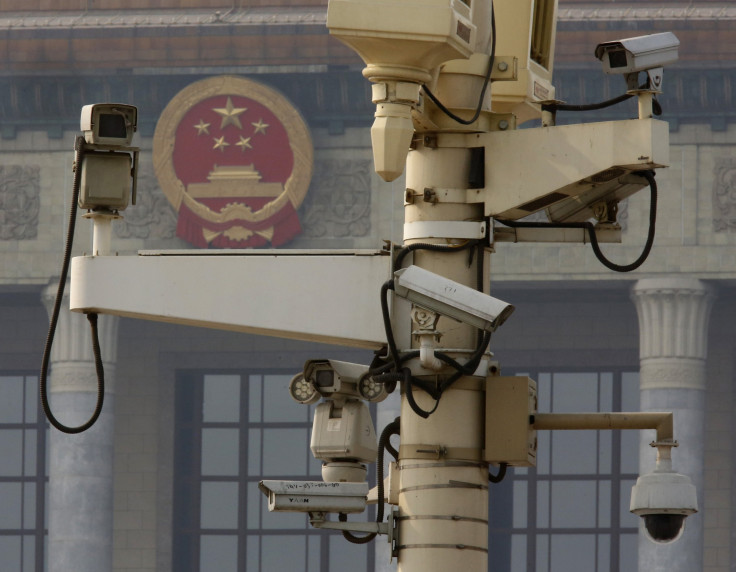Local Chinese Governments Prevent Misuse Of Government Vehicles With New Car Labels

In China, the concept of Big Brother is a two-way street. While China’s government is known to practice advanced surveillance on citizens on the streets and online, local governments are hoping a newly implemented anti-corruption drive will allow citizens to keep an eye on officials.
Chinese state media have announced a new tactic to combat the so-called “corruption on wheels,” by implementing a system that would clearly mark official vehicles so the public can easily identify them. The central government is hoping the public will be able to spot official misconduct.
In southwestern Yunnan province, Chen Xiaoming, the deputy director of Yongsheng County, posted photos of the new labels that have been affixed on government vehicles to an official verified account on Sina Weibo, China’s version of Twitter. “No private use of government vehicles,” the cars read, accompanied by a hotline telephone number that accepts public complaints. “Yongsheng County will complete the labeling of government cars by Nov. 30,” Chen wrote in a post on his microblog, which was shared more than 3,700 times.
While the plan is not foolproof, Chen's initiative has been met mostly with praise by China’s critical netizens. “The practice should be promoted nationwide,” one Weibo user said in reply to the post, according to state-run Xinhua News Agency. Chen said he was surprised at the reaction his plan has gotten, considering the much larger efforts to stomp out the misuse of government funds or facilities by officials.
Last December, Xi Jinping, in one of his first moves as president-elect, denounced excessive spending of public funds and put an austerity drive targeting officials at the top of his agenda. This included, among several other steps, cracking down on the misappropriation of official vehicles. Still, according to an official notice released by the Communist Party watchdog bureau, so far this year, misuse of official vehicles accounted for one third of reported violations.
Wang Liping, the head of another Yunnan city’s disciplinary inspection commission, says the newly labeled cars will be effective. “With such a ‘name card,’ officials would find it inconvenient to drive government cars for shopping, traveling or visiting friends,” Wang said in the report.
Other local governments have already introduced similar car markers. In Guangzhou, the capital city of southern Guangdong province, GPS technology and user identification systems were installed to curb private use of government cars.
Li Jincan, a research fellow at the Yunnan Academy of Social Sciences, says public participation is also very effective in prevention, not just correction. “Labeling of official vehicles invites public supervision, which is an effective supplement to the original error correction system.”
© Copyright IBTimes 2024. All rights reserved.












